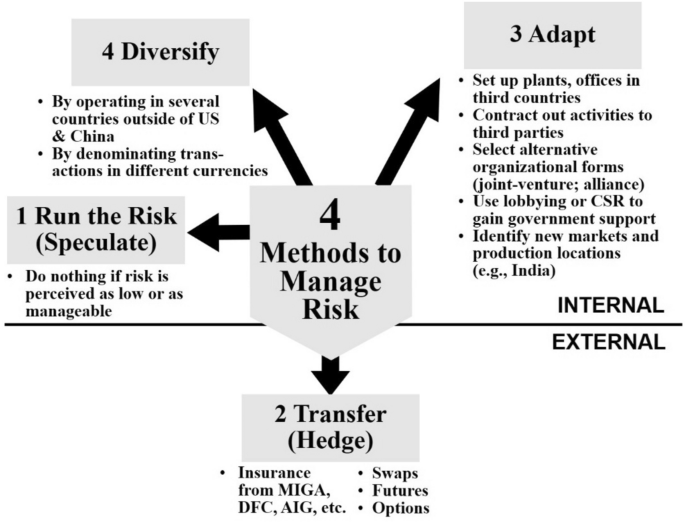Q.5 The rise of China is being heralded as a return of ‘balance of power’ politics in international relations. As the world moves towards multipolarity, account for the essential features of the international security architecture and its evolving dynamics. 2017

The rise of China is undoubtedly transforming the international security architecture and contributing to the emergence of a multipolar world. The following are the essential features of the evolving international security architecture:
- Multipolarity:
The world is becoming increasingly multipolar, with the rise of China, the resurgence of Russia, and the continuing power of the United States. This shift in the balance of power is leading to greater competition and uncertainty in international relations.
- Strategic competition:
As the world becomes more multipolar, strategic competition is intensifying among major powers. This includes economic competition, military competition, and competition for influence and prestige.
- Regional security architecture:
Regional security architecture is becoming increasingly important as regional powers seek to balance against rising powers and manage regional security challenges. This includes the role of regional organizations such as the ASEAN, the Shanghai Cooperation Organization, and the Arab League.
- Nuclear proliferation:
The proliferation of nuclear weapons is a major threat to international security. The rise of China, along with the continuing nuclear programs of North Korea, Iran, and other states, is contributing to a more dangerous and unstable world.
- Non-state actors:
Non-state actors, including terrorist groups and transnational criminal organizations, are increasingly important in international security. The rise of China, along with other major powers, is also contributing to the emergence of new non-state actors, including private military companies and state-sponsored hackers.
In conclusion, the rise of China is transforming the international security architecture and contributing to the emergence of a multipolar world. The evolving dynamics of international relations include strategic competition, regional security architecture, nuclear proliferation, and the role of non-state actors. As the world moves towards multipolarity, it is essential for states to work together to manage these challenges and build a more stable and peaceful international system.